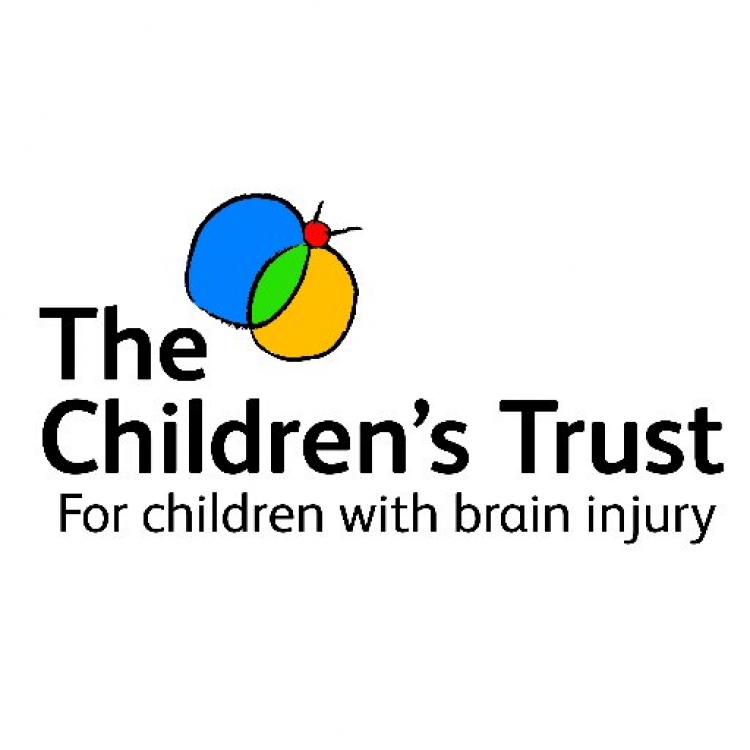The Children's Trust: how your donations will help thousands of children rebuild their lives

Guests at Airmic's Annual Dinner will have the chance to support UK's leading charity for children with brain injury.
Every year over 40,000 children in the UK are left with a brain injury as a result of an accident or illness. Many children make a good recovery, but thousands have to live with ongoing, long-term difficulties.
Some children are left with severe physical difficulties or learning difficulties. Some children experience more subtle, "hidden" difficulties which nevertheless have a big impact on their lives.
The Children's Trust is UK's leading charity for children with brain injury and its ambition is for all children with brain injury and neurodisability to have the opportunity to live the best life possible. Through its rehabilitation, community and medical services, they support thousands of children each year, as well as their families, to give them the best chance to live their lives to the full.
The Children's Trust has been chosen by Airmic chairman Tim Murray as Airmic's charity of the year, and guests at Airmic's Annual Dinner at the Hilton Hotel, Park Lane, on 26 November, will have the chance to donate.
The chairman's support for this charity stems from his wife, Clare, an occupational therapist, who worked at the Trust for six years and who understands the devastating impact of brain injuries to children, their family, friends and carers and the criticality of highly specialist rehabilitation support provided at The Children’s Trust.
Paul Farthing, director at The Children's Trust, says the money raised will go towards providing vital services that aren't supported by NHS or council grants, including its Brain Injury Community Services, supply of vital equipment, and specialist services such as play and music therapy:
"Many of the children come to us straight from a long stay in hospital and often arrive without the appropriate equipment. For example, some children arrive in standard pushchairs when they need a full body support wheelchair," he explains by way of example. "Specialised equipment not only supports their medical needs but also helps give them a chance at regaining independence by being able to have better control of their movements."
As well as donating money to the charity, members and organisations can support the charity in other ways, says Mr Farthing. "We have lots of opportunities to get involved and are always happy to tailor partnerships to suit each organisation or individual. There are lots of options, from volunteering at our national specialist centre, to taking part in events, sharing information with parents, and our Charity of the Year programme.
"We're looking for partnerships to help us support more families, so whatever your expertise, we'd be delighted to have a conversation."
Representatives from the charity will be Airmic's Annual Dinner, and members can contact Ruth from the corporate partnerships team, by emailing her at rwilkinson@thechildrenstrust.org.uk Visit the charity website here.
There are still a few places left for the Annual Dinner. For more information, or to book a place, visit the event website here.
|
Phoebe's story: how The Children's Trust helps rebuild lives Three year old Phoebe came down with flu-like symptoms at the end of September 2018. Over the following days she became increasingly weak and eventually was unable to move her limbs or breathe for herself. She was diagnosed with acute flaccid myelitis (affecting the spinal cord and the messages sent to the brain) and spent the following four months in an Intensive Care Unit on a ventilator and unable to move anything but her left hand. The prognosis for AFM is unclear. It commonly affects children, but where some make a full recovery, others remain paralysed, and the extent of the disability depends on the extent of the nerve damage. After the initial high dose of steroids, the only further treatment available was intensive physiotherapy. In February 2019, Phoebe was transferred to The Children's Trust to undergo intensive rehabilitation. Within just eight weeks she had progressed from sitting independently for short periods to walking (and even scooting) with support. Phoebe's right arm remains the most severely affected with very limited movement. She is having to relearn how to use her "helping hand" to perform two-handed activities. As a result of her rehabilitation, she can now use her right hand during play and meal times. Phoebe loved all her therapy sessions, especially music and movement. Her dream is to be able to go back to ballet class again, and what seemed impossible a few months ago is starting to become a reality.
|
